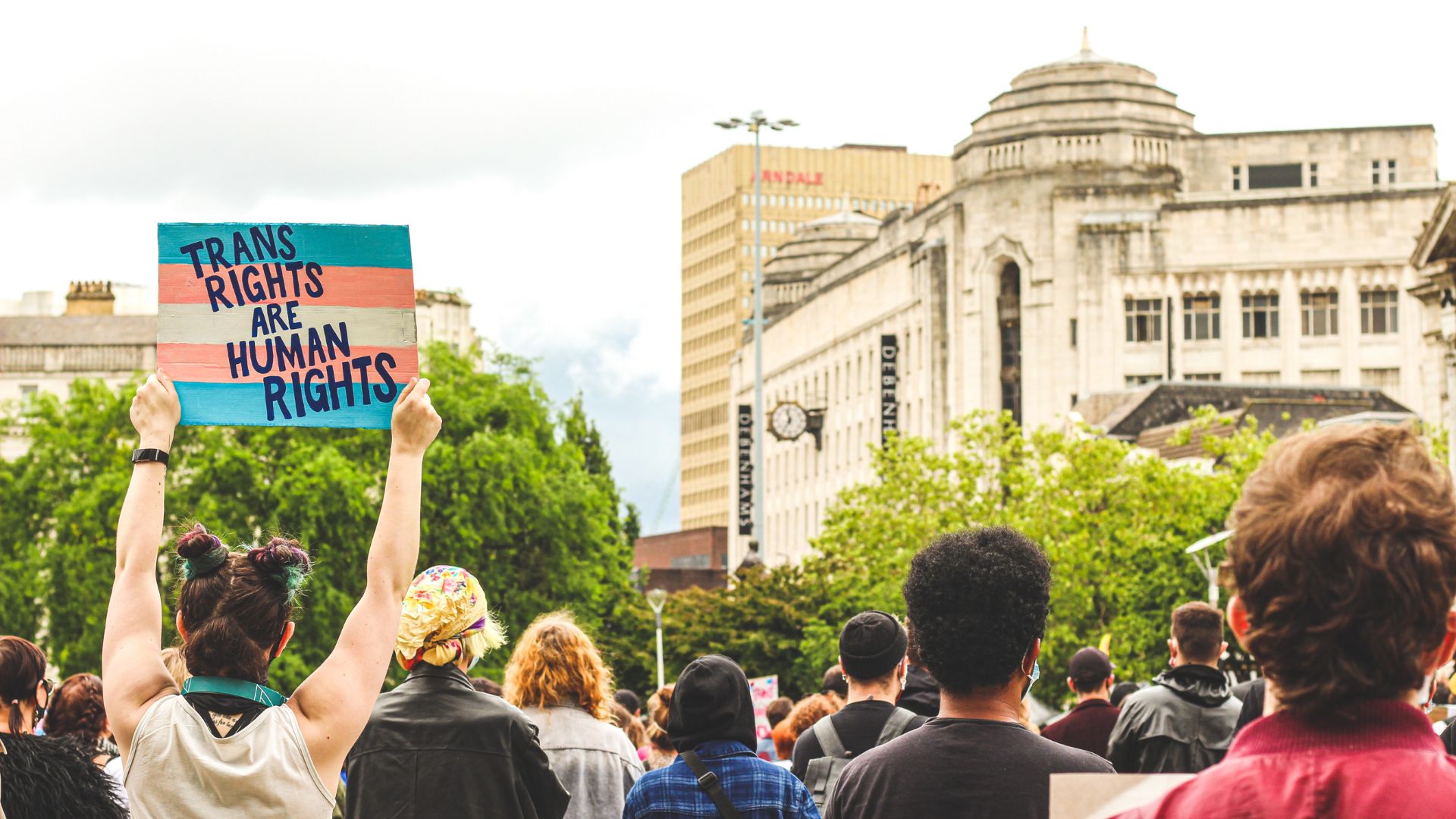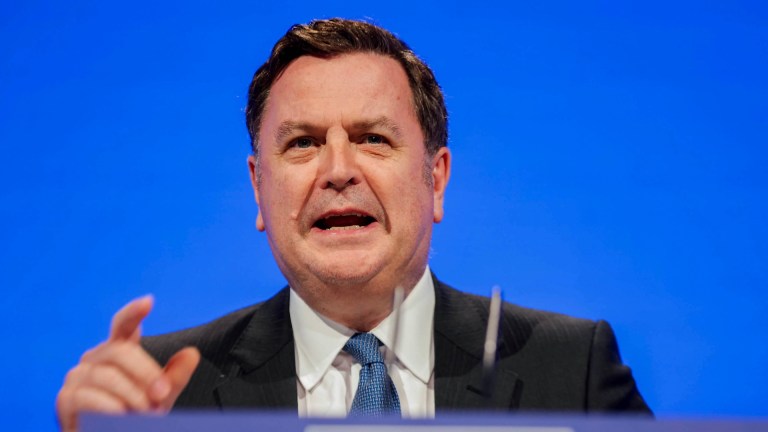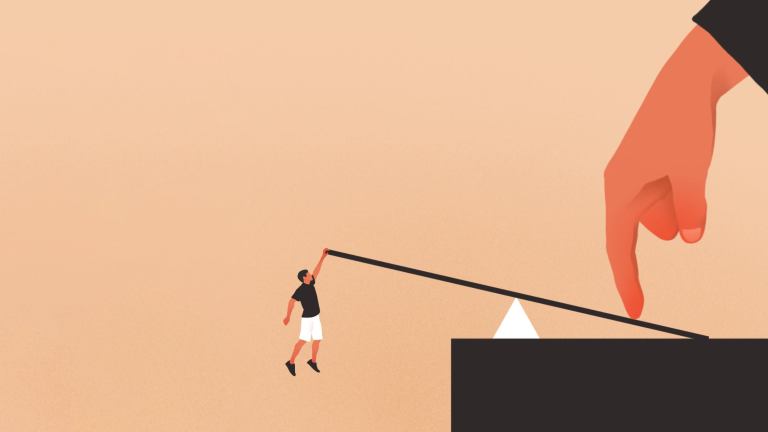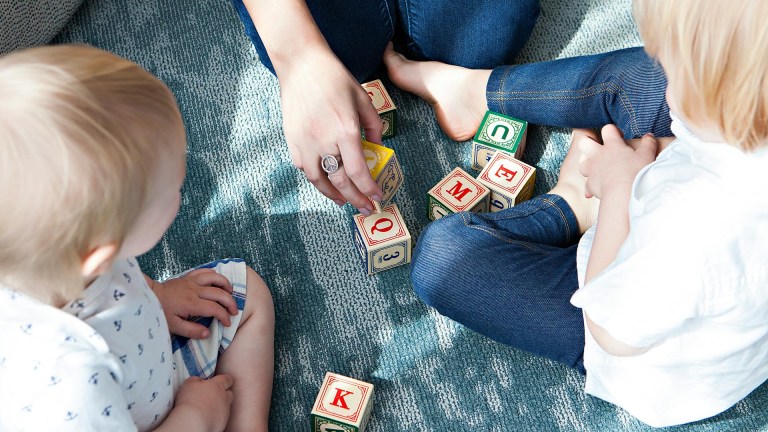Here in the UK, there were five reports of trans people who were murdered or died by suicide in the past year. Three of those five died by suicide, one by possible suicide, and the fifth person was murdered in broad daylight. All of them were young trans people, yet to reach their 30th birthdays.
Their names are Finn Hall, 16, who died by suicide in his bedroom in Huddersfield on 18 November, 2022.
Matty Sheldrick, 29, who took his own life outside Brighton hospital on 22 November, 2022.
Brianna Ghey, 16, who was stabbed to death in a park in Warrington, Cheshire, on 11 February. Two 16-year-olds were charged with her murder and are due to stand trial at Manchester Crown Court next week.
Ezra Jackson, 22, an undergraduate student at Oxford University who died by suicide on 26 May.
Alex Bendall, 18, who was reported missing on 12 February in Dorchester, Dorset, and whose body was found in the River Frome on 22 April.
We don’t know why these young trans people killed themselves. What we do know is that they lived in the UK, where experts have warned for years that trans and non-binary people’s mental health is at crisis point. This crisis is commonly attributed to the transphobic public discourse, rising transphobic violence – one anti-trans hate crime was recorded every two hours last year – and the near impossibility of getting gender-affirming healthcare on the NHS.
Trans and non-binary adults who want to physically transition are forced to access healthcare through a segregated system of NHS gender clinics. These clinics provide support and advice, speech and language therapy, counselling, hormones and surgeries. There are eight NHS gender clinics and three “pilots” in England, and one gender clinic in Wales – for a population of more than 262,000 trans and non-binary over-16s.
Perhaps this is a crude estimate, but to give a sense of what these numbers mean for the length of the waiting lists that trans people must endure to access healthcare: if trans and non-binary adults were spread evenly around the country and all of us wanted some support to physically transition, each NHS gender clinic would have more than 21,000 patients.
This absurdity becomes clearer when we consider that The Laurels, an NHS gender clinic in Devon, assessed just two patients in 2021. Two. Trans people getting their first appointment at The Laurels this year have waited on average for seven years. And it’s not at that first appointment that any actual care is provided, either – to receive this, trans people must be psychiatrically diagnosed with gender dysphoria over two or three appointments before being referred on for the care we seek. There are separate waiting lists for each of these appointments and referrals.
In 2022, 86.9 percent of trans people waiting to access hormones said the wait was negatively impacting their mental health, while 83.8 percent said the same of waiting for surgery, according to a groundbreaking survey on access to transition-related healthcare. On top of the waiting lists, the increasingly hostile transphobic rhetoric in the media and politics – sparked by the debate over reforming gender-recognition laws in 2018 – has compounded already poor mental health among trans communities.
Last year, when the public discourse on trans issues flared up yet again while the government debated whether to exclude us from a ban on so-called ‘conversion therapy’, Dr Adam Jowett, the chair of the British Psychological Society’s Sexualities Section, noted that “minorities experience greater levels of stress when their rights are being debated”.
“The mental health of the trans community has been affected not just in the past week but over the past few years,” Jowett said. This confirmed what trans and non-binary people, and our friends and families, already know too well.
Since Alice Litman killed herself in May 2022, the NHS has closed the Tavistock, its only gender clinic for under-18s, and stopped providing puberty blockers to trans and non-binary teens who want them. The waiting lists for adult NHS gender clinics continue to grow: at Alice’s inquest, the former director of the Tavistock estimated that a trans 18-year-old who goes to their GP today and asks for gender-affirming healthcare would be 40 by the time of their first appointment with a specialist.
After Alice’s inquest, her mum, former NHS psychiatrist Dr Caroline Litman, said, “We believe that if Alice had been able to access gender-affirming care when she first went to her GP in 2018, she could still be with us today.”
As we remember our dead this Trans Day of Remembrance, we must also fight for the living. How many more parents have to go through Caroline’s heartbreak before the NHS acts?
If you need someone to talk to, Samaritans can be contacted on 116 123 or by visiting samaritans.org.









